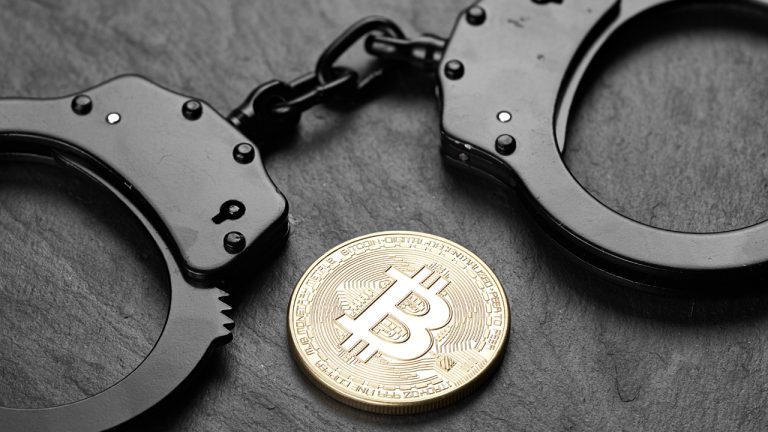
In a crypto-themed AMA session on Reddit on May 15, the U.S. Secret Service answered a wide range of questions and revealed their little-known NFT collection.
The United States Secret Service owns crypto, has its own NFT collection and has praised blockchain technology’s ability to fight financial crime, Reddit users learned during a recent ask-me-anything (AMA).
On May 15, representatives from the United States Secret Service San Francisco Field Office and the Bay Area Regional Enforcement Allied Computer Team (REACT) opened themselves to questioning from members of the subreddit, r/cryptocurrency.
While some regulators still see crypto as a tool for fraudsters and scammers, the REACT task force applauded the public and transparent nature of blockchains as an “amazing opportunity” for crime fighters to track the flow of money.

The Secret Service has previously made the point that the immutable nature of the blockchain ledger means that illicit financial activity can be more easily monitored and tracked than fiat in some cases.
An upcoming Netflix-featured Bitfinex story involving some unlikely criminals made this point very clear: it’s quite hard to launder money using blockchain.
Answering a follow-up question about how best to hide shady behavior on the blockchain, the Secret Service said that if people want to do dodgy things financially, it’s best to take the money in cash than crypto.

Another Redditor asked whether or not the Secret Service itself held cryptocurrency, to which the authority said they were “definitely holders of crypto” and described themselves as crypto “enthusiasts” in later responses. The agency said that by owning crypto, it helps them better understand the deeper mechanisms of the crypto world.
“Pretty much most cases require a certain level of ELI5’ing. It’s somewhat of a running joke around here,” the agency explained, with the acronym “ELI5” referencing the popular subreddit r/explainlikeimfive.
Related: Crypto is not criminal: US Secret Service launches ‘crypto awareness hub’
When asked if they see any significant differences between crypto crimes and illicit activity in the world of traditional finance, the Secret Service noted that the “vast majority” of calls and reports received by their office usually involves crypto in some fashion.
"They vary in a lot of ways to fiat investigations, both in good ways and bad ways, but most notable is that crypto transactions are irreversible and immutable."
While the agencies responded to a wide range of serious questions, there was also some fun to be had during the session. When one redditor asked whether the Secret Service would consider launching its own “memecoin”, the agency responded by plugging its own NFT collection on OpenSea.

Magazine: Cryptocurrency trading addiction — What to look out for and how it is treated



